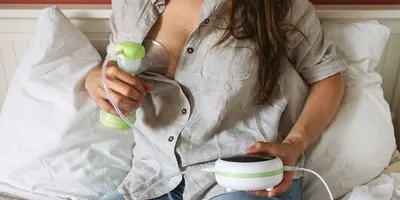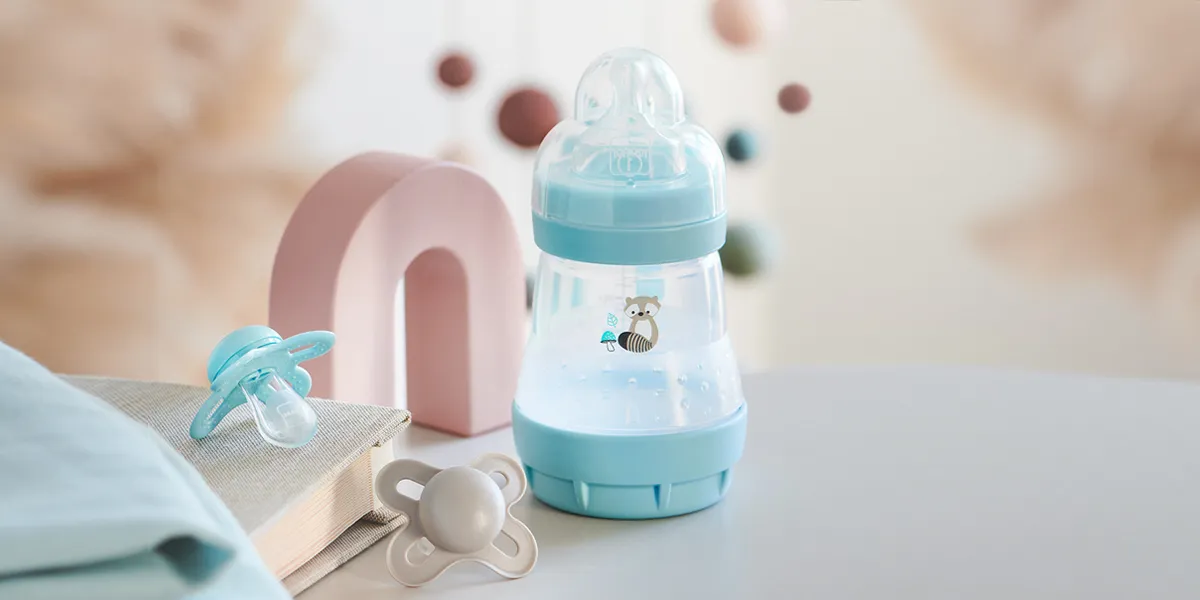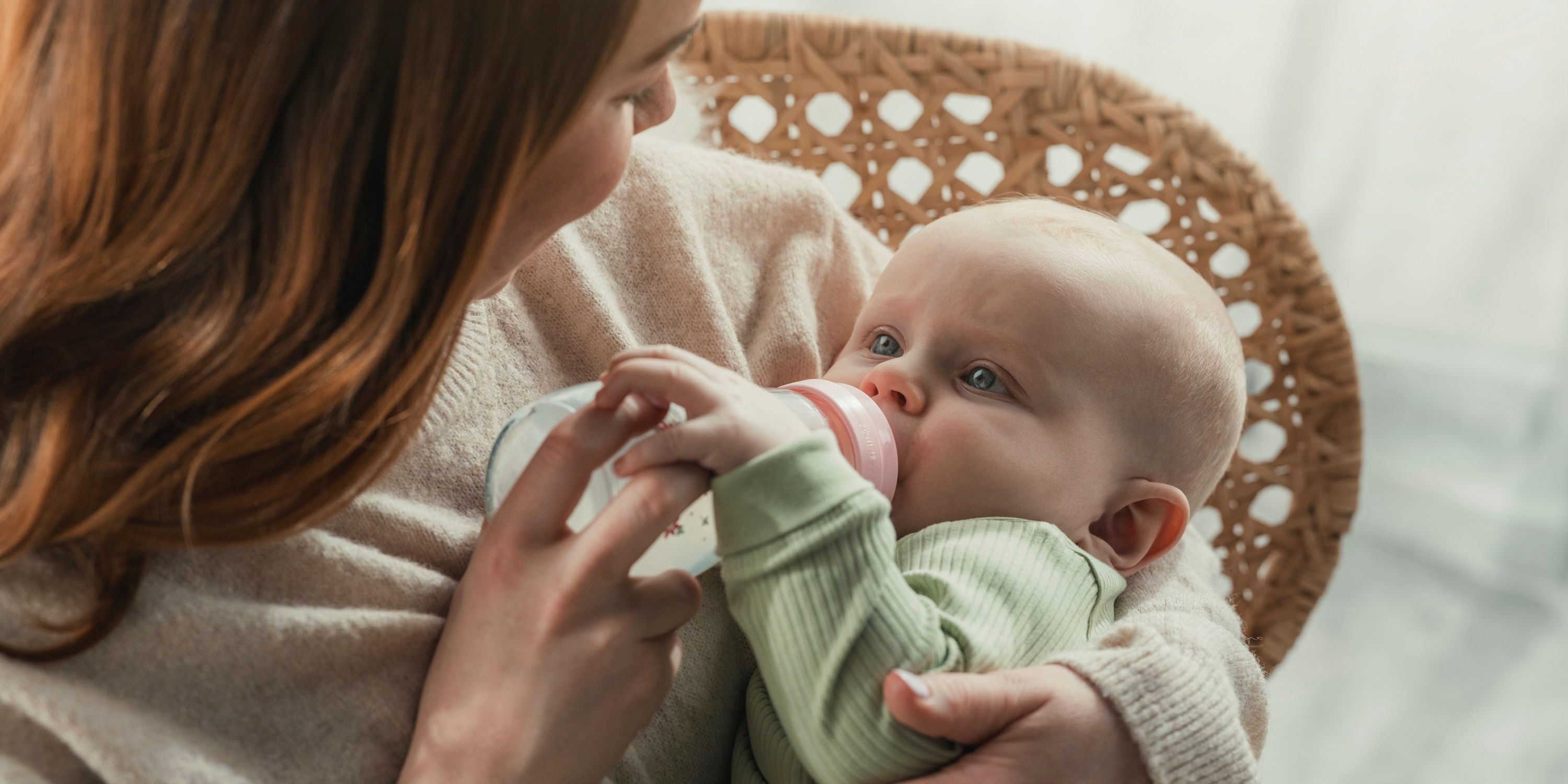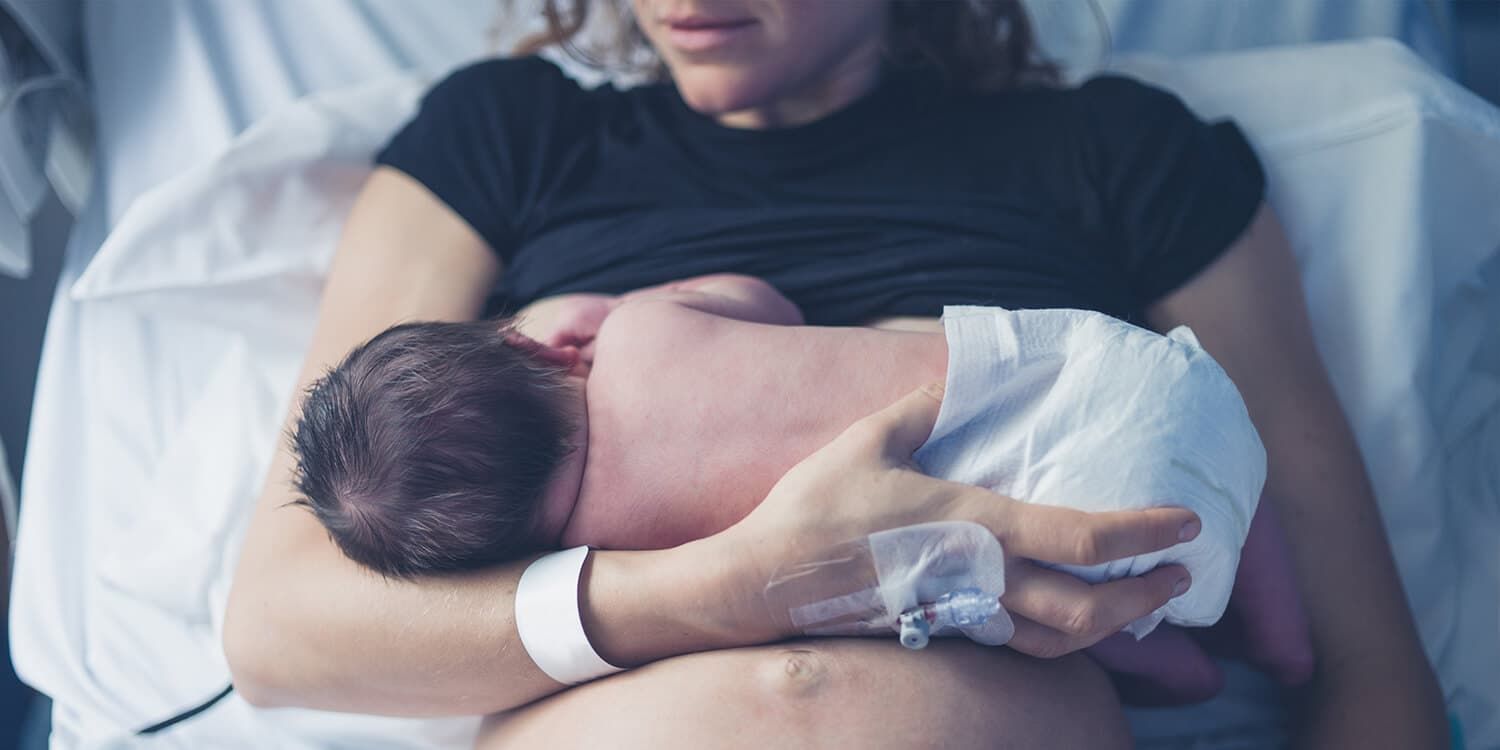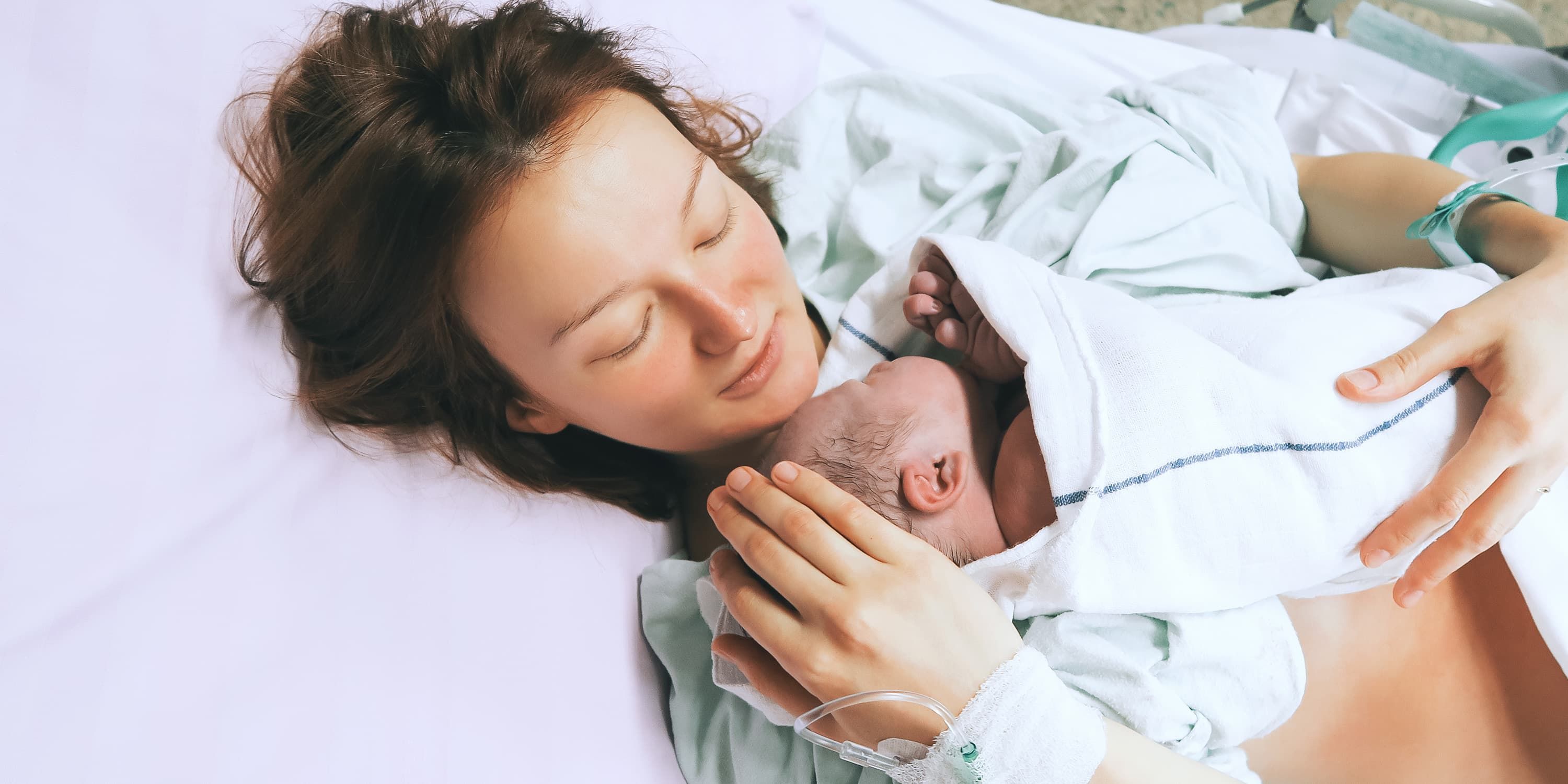Learn all about the postpartum period. Discover the changes in a mother's body after giving birth and all you need to know about postpartum depression with MAM Expert Dr. Alexandre Saosake.
The postpartum period, also known as the puerperium and "fourth trimester", refers to the time after birth when changes related to pregnancy return to the pre-pregnancy state. In addition to the physical changes during the postpartum period, there are also hormonal changes taking place. These changes can have an impact on the mother’s emotional state, which sometimes seems like an emotional rollercoaster. Together with MAM Expert Dr. Alexandre Saosaka we have summarized the hormonal changes to understand the impact on your emotional wellbeing and potential symptoms of postpartum depression.
How long does the postpartum period last?
The postpartum period begins with the birth of the baby. The end is not exactly defined, but is generally considered to be six to eight weeks after delivery, as then the effects of pregnancy start to reorganize and gradually return to the pre-pregnancy state. However getting back to a pre-pregnancy condition will happen only gradually after giving birth.
What happens to hormones right after giving birth?
- Human chorionic gonadotropin (hCG) is the main pregnancy hormone and declines exponentially immediately after childbirth. The hCG levels then typically return to normal non-pregnant levels two to four weeks after a full-term delivery .
- Progesterone and estrogen will decrease right after the baby is born. During pregnancy our bodies produce a great amount of estrogen and progesterone, which are the key to creating our “happiness hormones” dopamine and serotonin. So a decrease in both of those hormones, can have an impact on your mood.
- Oxycotin is released to encourage contractions during childbirth. In addition it plays a major role in forming an attachment between the newborn and mother. However postpartum oxycotin levels will decrease, which can lead to emotional changes, known as “baby blues” in the first few days after giving birth.
- Prolactin will increase in order to encourage your milk supply. Prolaction can also affect dopamine which can result in low energy levels and emotional moodiness.
What happenes to the hormones levels during the first few weeks after giving birth?
What is the difference between “normal” hormonal imbalances and postpartum depression?
How to relieve symptoms of postpartum depression:
Sources:
Reyes FI, Winter JS, Faiman C. Postpartum disappearance of chorionic gonadotropin from the maternal and neonatal circulations. Am J Obstet Gynecol. 1985;153(5):486.
Midgley AR Jr, Jaffe RB. Regulation of human gonadotropins. II. Disappearance of human chorionic gonadotropin following delivery. J Clin Endocrinol Metab. 1968;28(12):1712.
ACOG Committee Opinion No. 736: Optimizing Postpartum Care.Obstet Gynecol. 2018;131(5):e140.
Dennis CL, Fung K, Grigoriadis S, Robinson GE, Romans S, Ross L Traditional postpartum practices and rituals: a qualitative systematic review.Womens Health (Lond). 2007;3(4):487.















